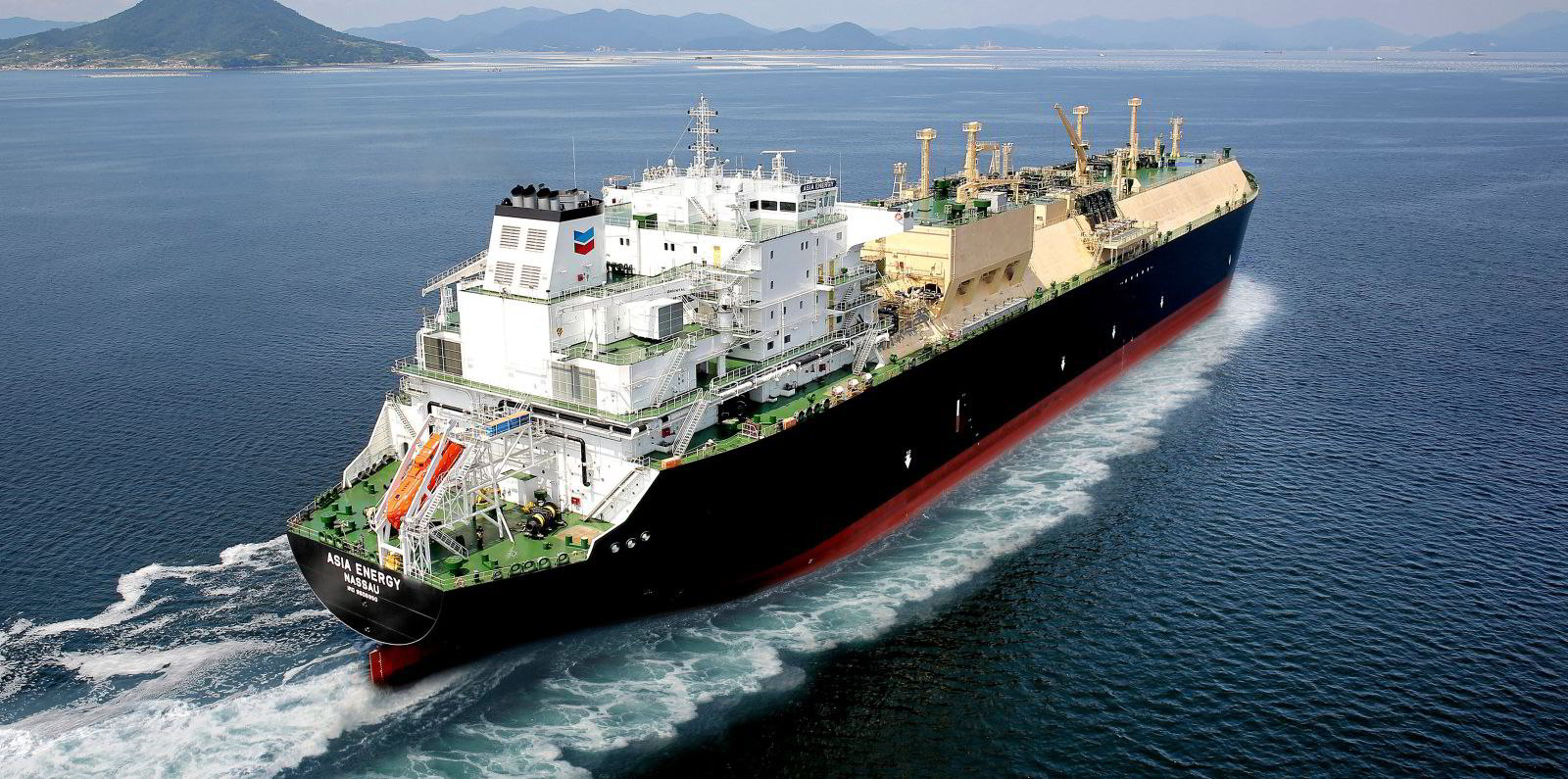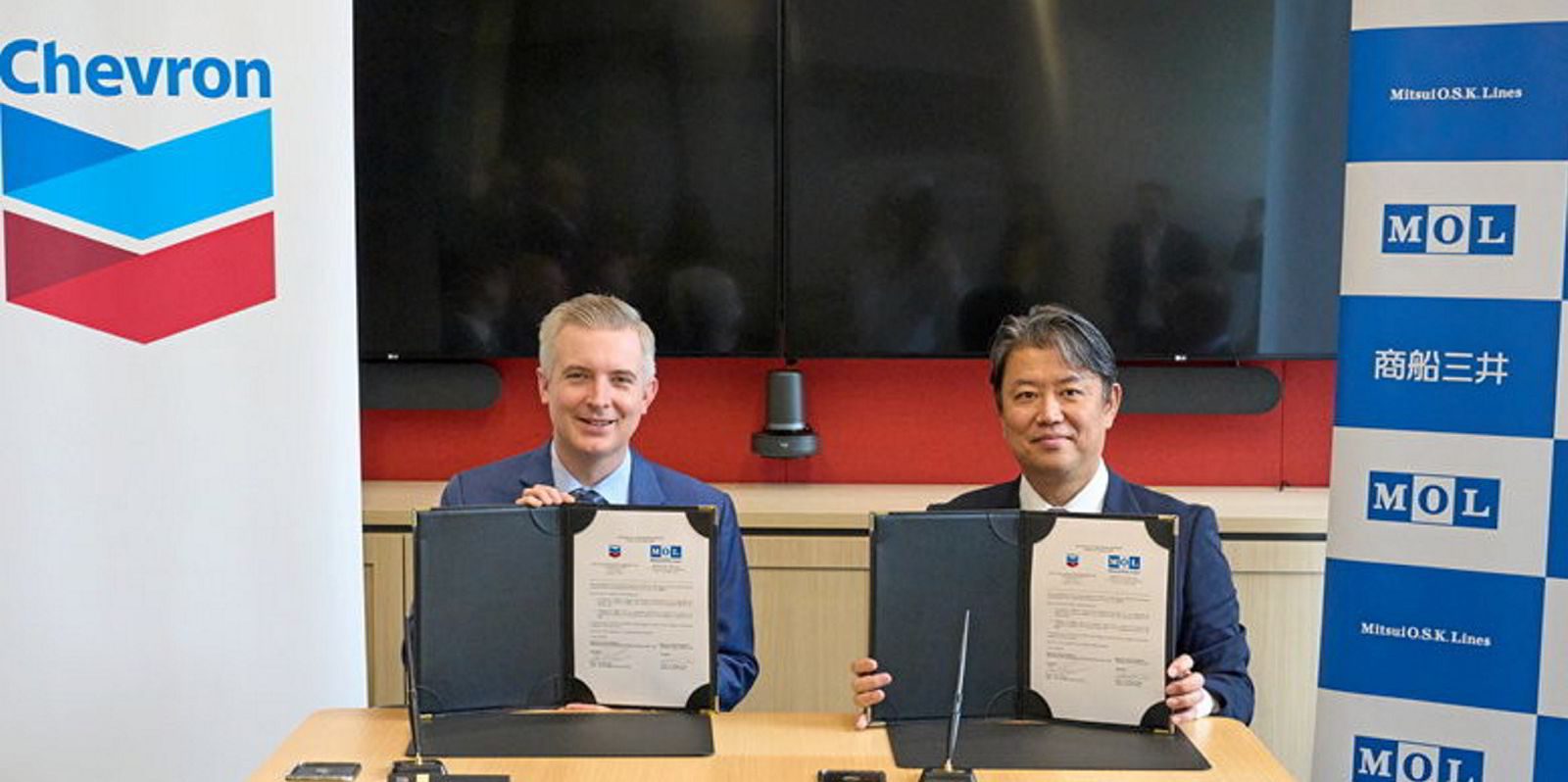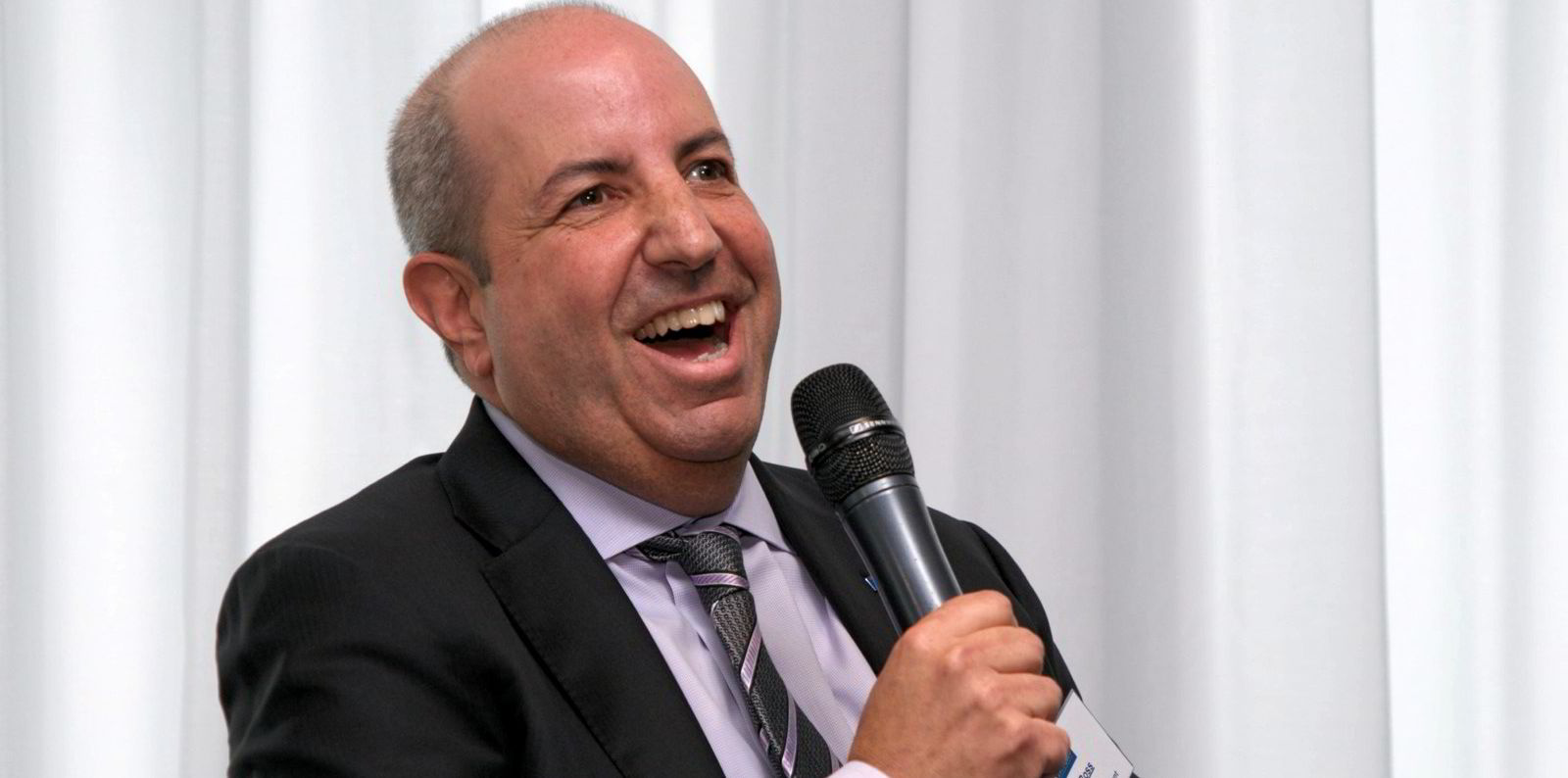Chevron is retrofitting its LNG carrier fleet with green technologies to reduce the carbon intensity of its operations.
The work will be done by Singapore’s Sembcorp Marine, which will provide engineering, procurement, installation and commissioning services.
The work, expected to be completed by mid-2025, will involve installing new technologies such as reliquefication systems, hull air lubrication and gas compressors.
Together, these changes are expected to reduce cargo boil-off, lower fuel consumption and increase volumes of cargo delivered.
“We believe LNG will be a key component of the global energy transition for years to come, and Chevron is focused on continuing its disciplined capital investment in our LNG fleet,” said Chevron Shipping president Mark Ross.
Sembcorp Marine said it has “significant expertise” in complex LNG fleet modifications and a proven record for lower-carbon maritime solutions.
In the first nine months of this financial year, it has completed 11 LNG carrier repairs and refits.
Sembcorp Marine has also upgraded two floating storage and regasification units and two LNG reliquefaction plant retrofits with ballast water management systems.
“Sembcorp Marine is committed to advancing environmental sustainability through the development of industry-leading solutions,” said chief executive Wong Weng Sun.
“Working with Chevron on its LNG fleet upgrades is an immediate way to accelerate the lowering of the carbon footprint in the maritime industry, to achieve the IMO’s target to reduce emissions from international shipping at least half by 2050, compared to the levels in 2008.”
Chevron owns a fleet of six modern 160,000-cbm LNG carriers built at South Korea’s Samsung Heavy Industries between 2014 and 2017, according to VesselsValue.
Chevron recently announced that it would use technology from classification society American Bureau of Shipping to track greenhouse gas emissions across its fleet.
It plans to use ABS Wavesight to streamline and consolidate existing GHG data collection practices and systems by creating a single repository to use in meeting International Maritime Organization, European Union, Sea Cargo Charter and other reporting requirements.
Chevron is a member of the Singapore-based Global Centre for Maritime Decarbonisation, which aims to develop potentially scalable lower-carbon technologies.
It is also a signatory to the Sea Cargo Charter, a benchmark initiative for responsible shipping activities, transparent GHG reporting and improved decision-making in line with United Nations decarbonisation targets.





